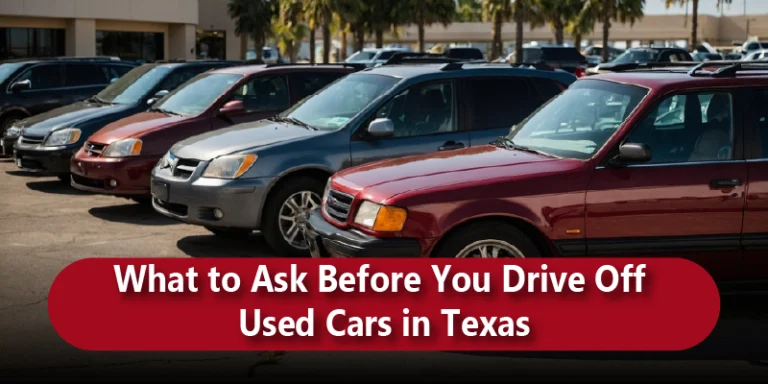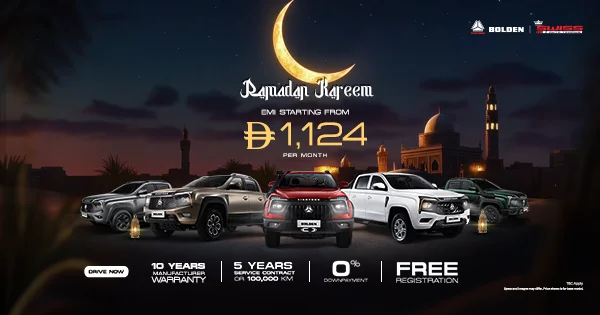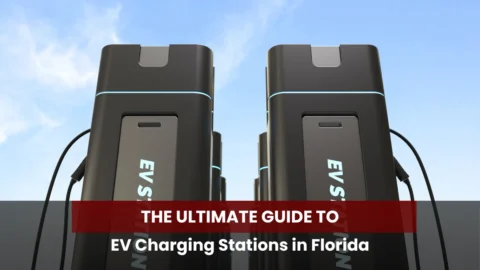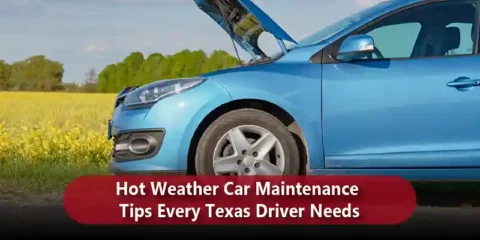Texas, a land of wide-open roads, has the right vehicle is less a luxury and more a necessity. Whether you’re cruising the highways of Houston, navigating the metroplex of DFW, or hauling equipment on a ranch outside of San Antonio, a dependable vehicle is your key to freedom. Buying a used car here is a popular and economical choice, but the sheer size of the market and the state’s specific rules can feel overwhelming.
This definitive car buying guide Texas is designed to cut through the confusion and equip you with the essential questions and knowledge you need before you hand over your hard-earned cash and drive off the lot. We’ll cover everything from dealer insights and model recommendations to paperwork and financing, ensuring you secure one of the best used cars to buy in Texas with total confidence.
The Initial Inquiry – Questions for the Seller
Your first line of defense against a “lemon” is the right set of questions. These inquiries help you assess the vehicle’s history and the seller’s credibility, whether you are dealing with a private party or one of the many used car dealers in Texas.
The Vehicle’s History and Condition
The absolute foundation of your due diligence starts here. Never skip these questions, especially in a state where conditions like severe heat and occasional flooding can take a toll on a vehicle.
Look for evidence of major accidents, “total loss” declarations, and, critically in Texas, flood damage. A salvage or flood title drastically reduces a vehicle’s value and poses potential electrical and mechanical nightmares.
Consistent records of oil changes, tire rotations, and major services like timing belt replacement show a responsible previous owner. If a seller is selling a vehicle with a spotty or non-existent history, be wary.
High highway mileage is generally less taxing on a vehicle than stop-and-go city driving. For older models, a full disclosure of the vehicle’s use can explain its condition. The answer can be illuminating. A simple upgrade is a good sign; a vague answer or one about persistent, expensive repairs is a red flag.
Legal and Title Status
Protecting yourself legally is as important as the mechanical check. You must ensure the seller has the legal right to transfer the vehicle.
A clear title means there are no legal claims against the vehicle. If a loan is still outstanding, a lien will be listed. If so, you need proof of a lien release letter stating that the previous loan has been paid off. This is vital for a smooth car title transfer in Texas.
Recalls should be addressed by the manufacturer for free. You can check a vehicle’s VIN against the NHTSA website.
Physical Inspection and Texas Regulations
In Texas, every vehicle must pass an annual inspection to be registered. Knowing the car inspection Texas rules and what to look for can save you from buying a vehicle that won’t pass muster.
1. Pre-Purchase Inspection (PPI)
If the seller says no, walk away immediately. A PPI is the single most important step. A trusted, third-party mechanic will check for rust, frame damage, and mechanical issues you might miss. It’s a small investment that can save thousands.
In Texas, vehicles are subject to a safety inspection, which checks things like brakes, lights, tires, and the horn. In many metro areas (like Dallas, Houston, and Austin), an emissions test is also required. Your mechanic can confirm the car will pass the necessary Texas car inspection rules before you own it.
2. The Test Drive
A short drive around the block isn’t enough. You need to test acceleration, braking, and how the car handles at high speeds, which are common on Texas’s vast network of interstates.
Pay close attention to the air conditioner. Texas summers are brutal, and a weak A/C is a major, and often costly, problem.
3. Special Consideration: Buying a Used Truck in Texas
Buying a used truck in Texas is common, given the state’s culture and industries. Trucks often lead a harder life than sedans, so your scrutiny should be higher.
Ask about towing and payload history: Was it used for heavy commercial hauling or just light-duty personal use? Excessive towing can stress the engine, transmission, and suspension.
Inspect the bed and frame: Check for serious dents, damage, or hidden rust, especially near the wheel wells. Look for a functioning trailer hitch and wiring harness.
Engine Type: For heavy-duty use, ask about the diesel engine maintenance history, as diesel engines require different, often more expensive, upkeep.
The Financial Deep Dive – Budgeting and Lending
Setting a budget is crucial, and understanding your lending options is the key to securing an affordable vehicle.
Pricing and Market Value
Dealers often quote prices that don’t include fees. Texas sales tax on a used vehicle is 6.25% of the sales price or the standard presumptive value, whichever is higher. Be sure you know the exact final amount.
Compare the asking price to the vehicle’s market value using reputable sources like Kelley Blue Book or Edmunds.
Understanding Used Car Financing in Texas
Never take the first offer. You have three main options for used car financing in Texas:
Dealership Financing: Convenient, as the dealer works with multiple lenders.
Banks/Credit Unions: Often offer lower rates, especially if you have a prior relationship. Get pre-approved before you shop to have a powerful negotiating tool.
Third-Party Lenders: Online lenders.
Focus on the total cost of the loan and the monthly payment, ensuring the term (loan length) doesn’t stretch out so long that you end up paying excessive interest.
Finding Affordable Used Cars Texas
If your budget is tight, focus your search on models known for reliability and low ownership costs. Many of the best used cars to buy in Texas fall into the affordable used cars Texas category:
Sedans/Crossovers: Toyota Camry, Honda Civic, Nissan Rogue, and Ford Escape.
Trucks/SUVs: Older model Ford F-150s, Chevrolet Silverados, or Toyota 4Runners are mainstays that hold their value well but can be found at more accessible price points.
Dealer vs. Private Sale and Warranties
Where you buy your vehicle significantly impacts your consumer protection and potential for a warranty.
Used Car Dealers in Texas
Look up the dealer on the Texas Department of Motor Vehicles website and check reviews. The best used car dealers in Texas will be transparent and have a solid track record.
Certified used cars Texas have undergone a rigorous, multi-point inspection by the manufacturer or dealer and come with an extended manufacturer-backed warranty. While they cost more, they offer an excellent level of peace of mind, essentially a halfway point between a new and purely used vehicle.
2. Warranties and “As Is”
In Texas, most private party used car sales are “as is,” meaning you are taking it with all its faults.
If buying from a dealer, check the Buyer’s Guide sticker, which is legally required to disclose warranty information. Many dealers offer a limited warranty or the option to purchase an extended service contract.
Texas Lemon Law Note: The Texas Lemon Law primarily protects buyers of new vehicles. However, a used car may still qualify if the defect was reported while the vehicle was still under the manufacturer’s original warranty (not an extended service contract) and the issue persists after a “reasonable number” of repair attempts.
Frequently Asked Questions
Absolutely. A PPI is your best protection against buying a vehicle with hidden mechanical, safety, or structural defects. Given the “as-is” nature of many used car sales and the potential for flood damage in coastal areas, a PPI is a small price to pay for peace of mind.
Texas law requires all drivers to have minimum liability coverage of $30,000 per injured person, up to $60,000 per accident, and $25,000 for property damage (known as 30/60/25). You must provide proof of this insurance to complete the car title transfer Texas and registration.
You must apply for the car title transfer Texas within 30 calendar days of the date of sale. Failure to do so can result in delinquent transfer penalties.
For many, yes. Certified used cars Texas typically undergo a much stricter inspection process than standard used vehicles and come with a manufacturer-backed limited warranty. This added layer of assurance and protection is often worth the higher price, especially for first-time used car buyers.
Yes, you can. While your interest rate will be higher, many used car dealers in Texas and specialized lenders offer financing for buyers across the credit spectrum. Focus on shopping around, getting pre-approved, and having a substantial down payment to improve your terms.
Beyond the standard checks, focus on the truck’s intended use. Ask about its towing history, inspect the hitch and wiring, and carefully check the frame for signs of heavy damage or rust. High mileage is less concerning than a history of neglect or abuse from severe commercial use.
The road to better car care starts with knowledge. Whether it’s warranty guidance, service hacks, or repair insights, keep your drive worry-free — join the conversation at Ask About Cars.







